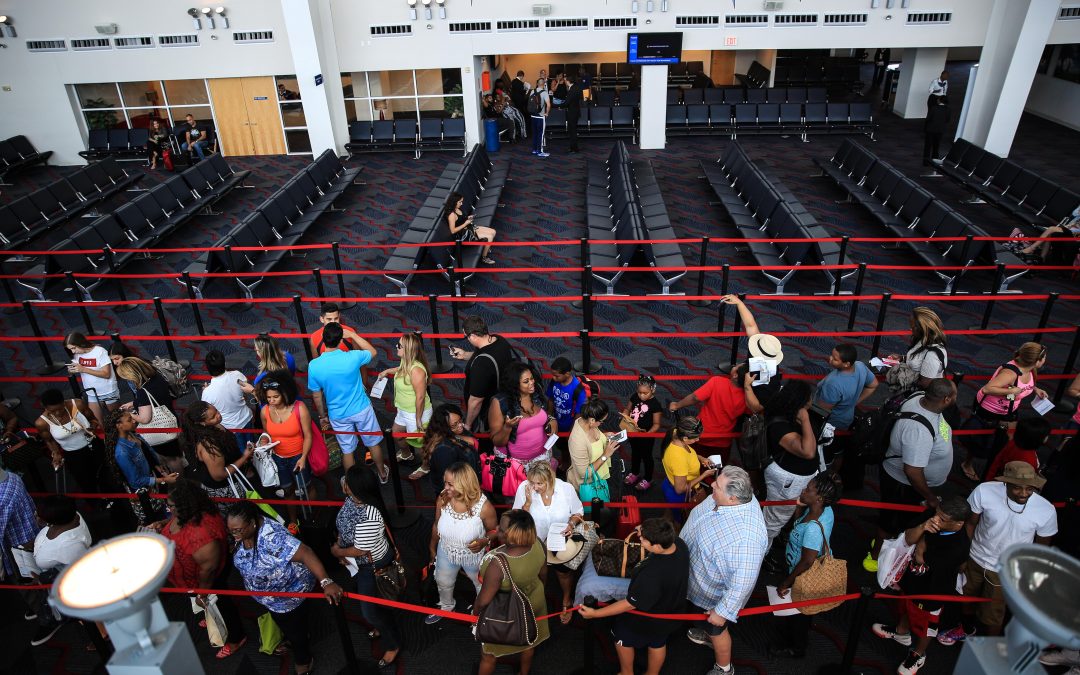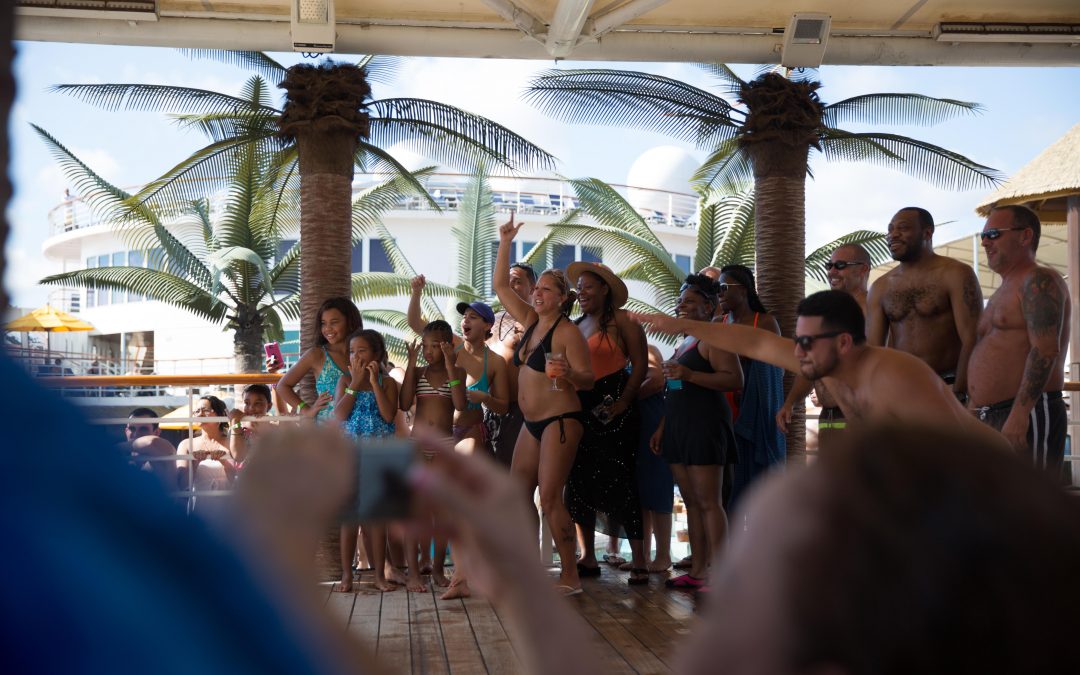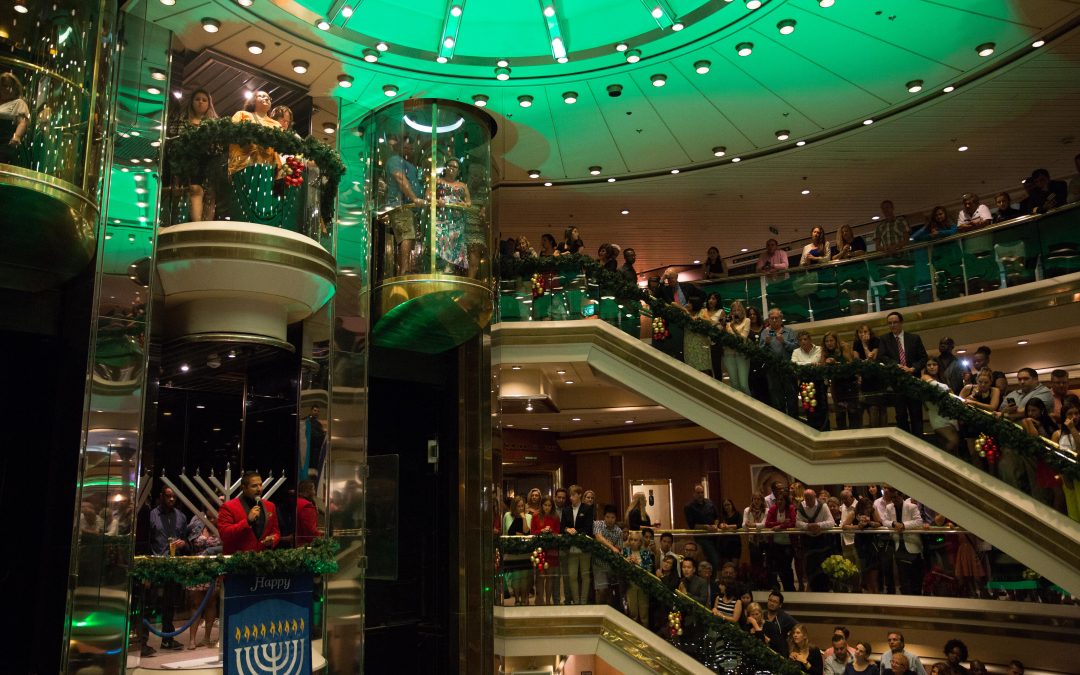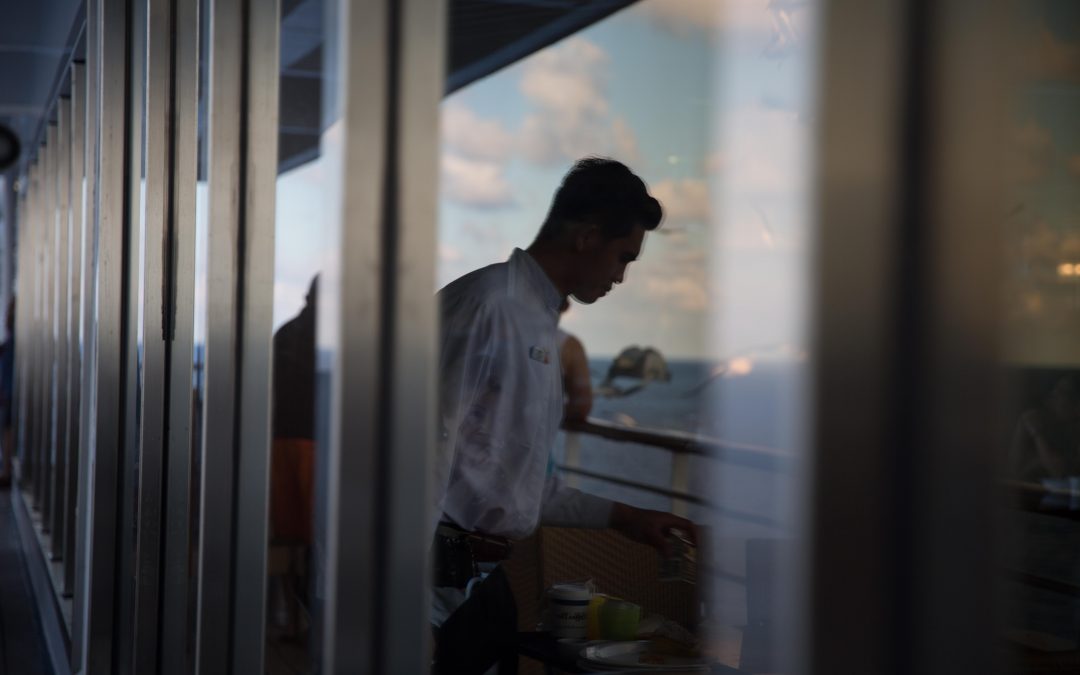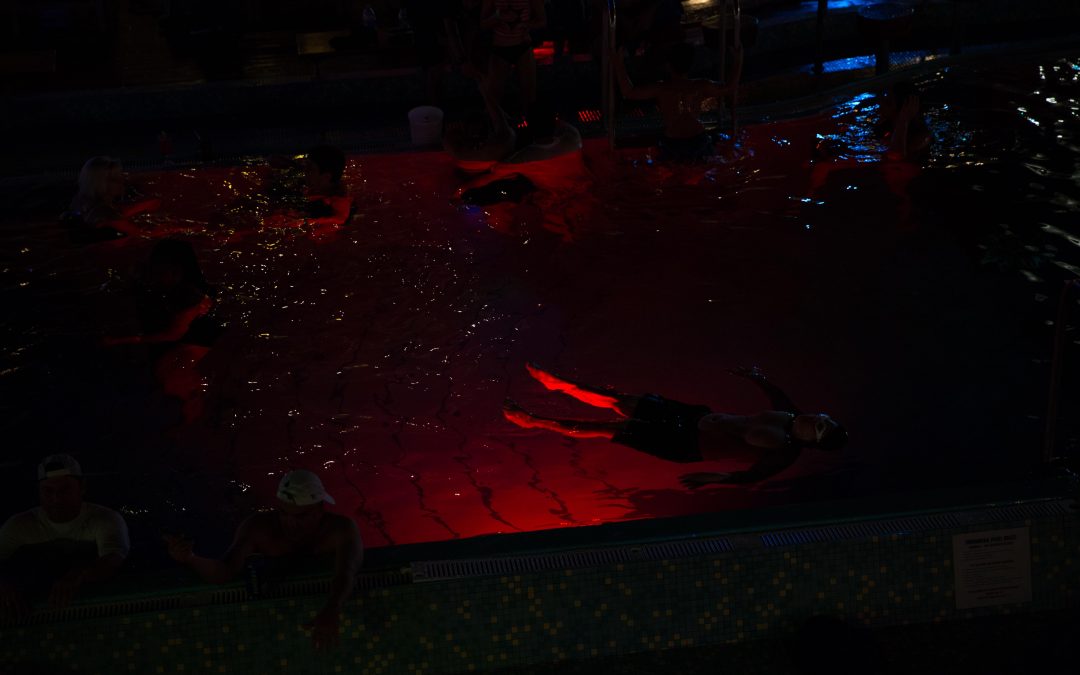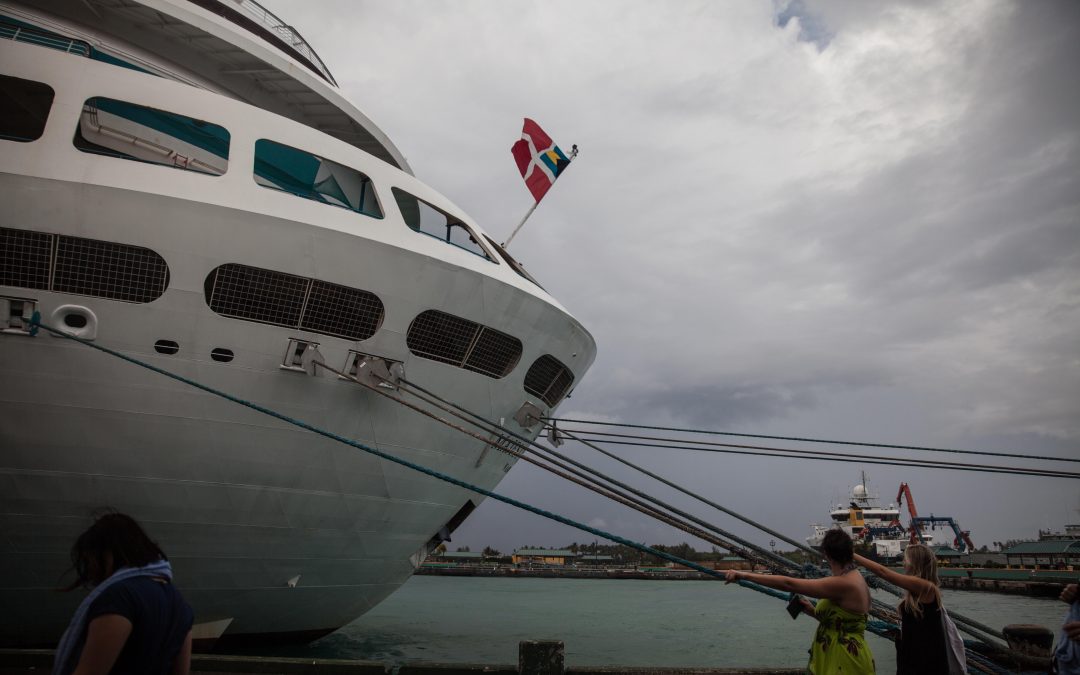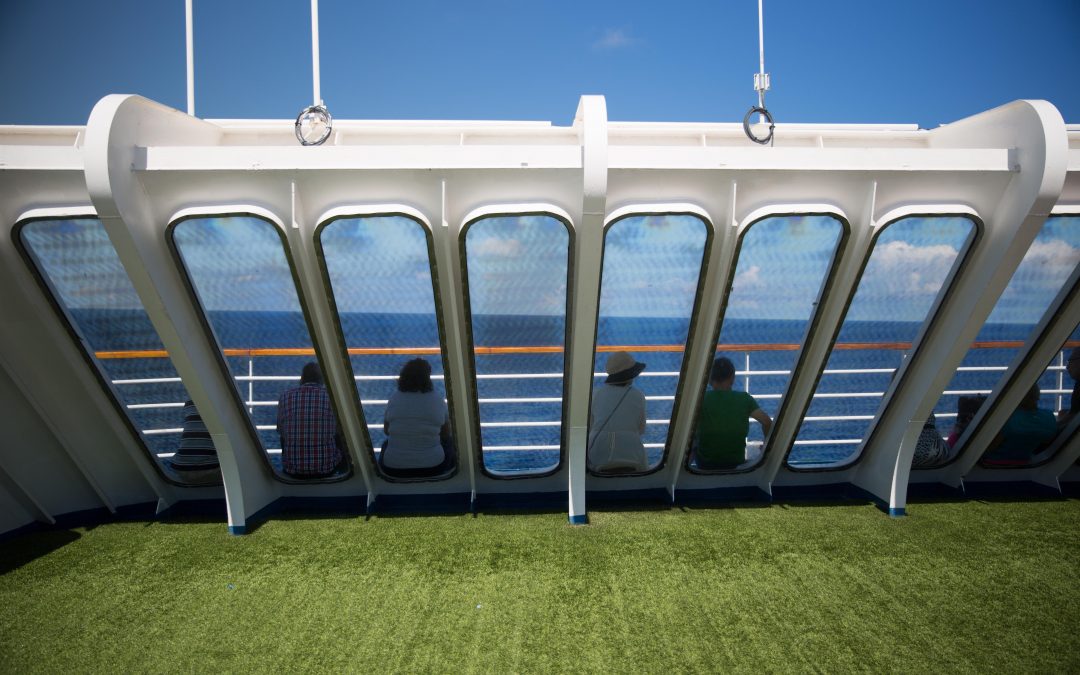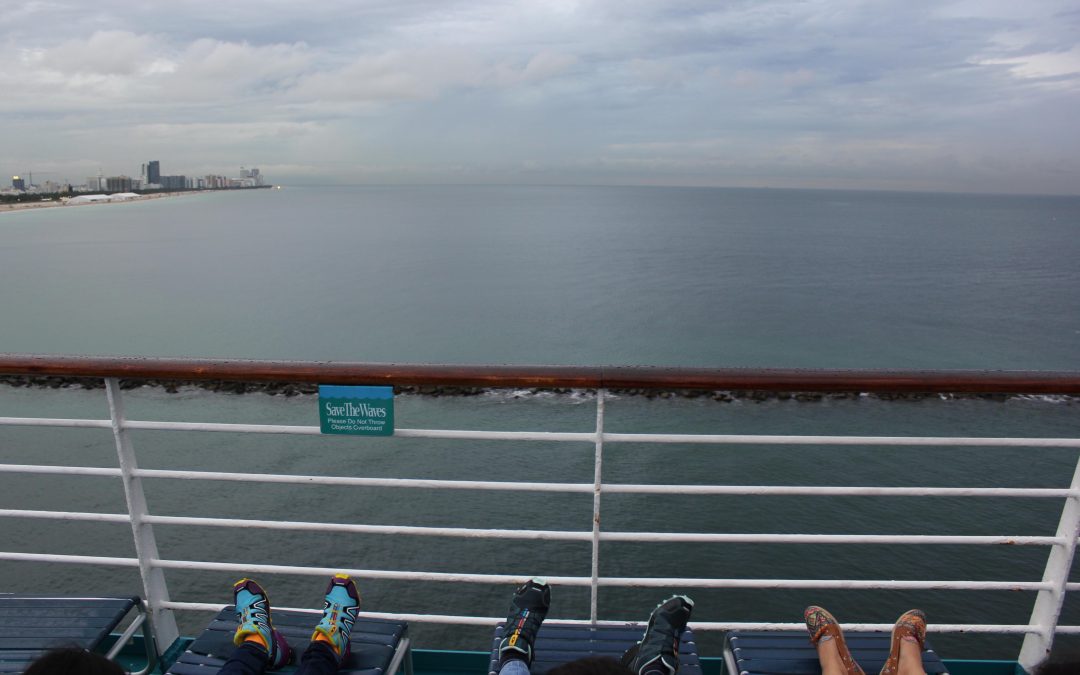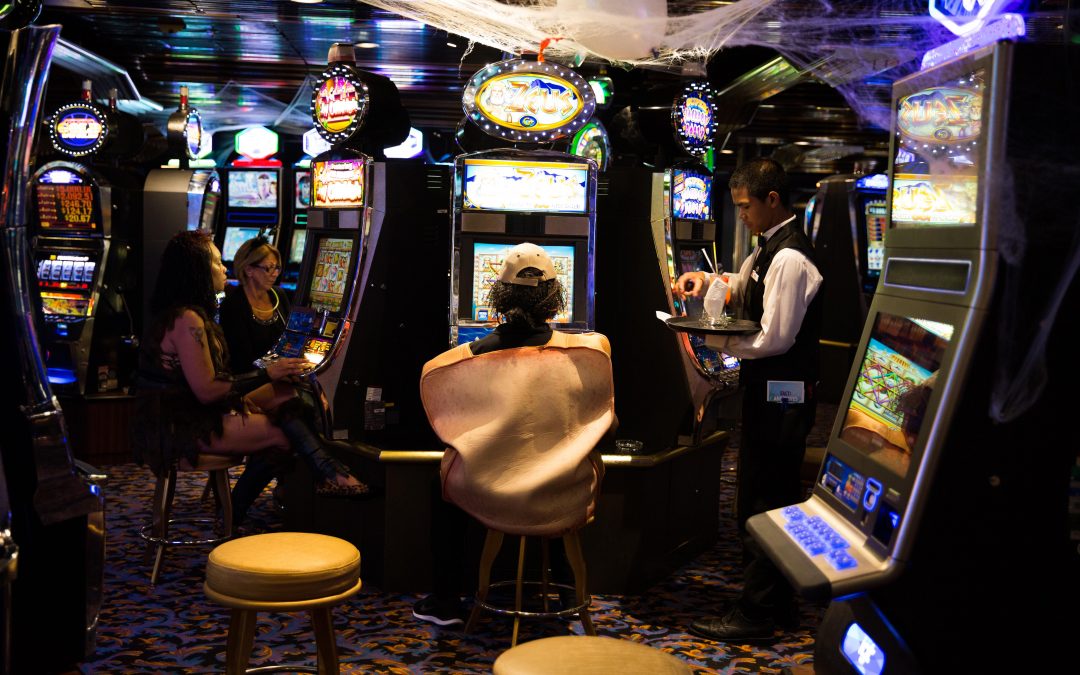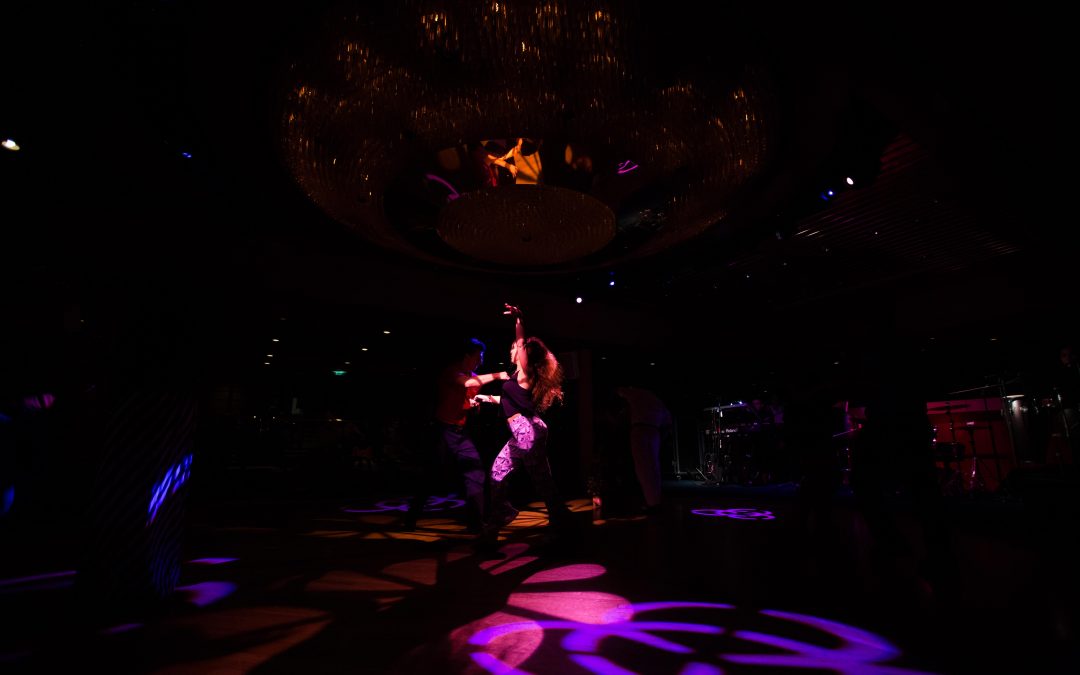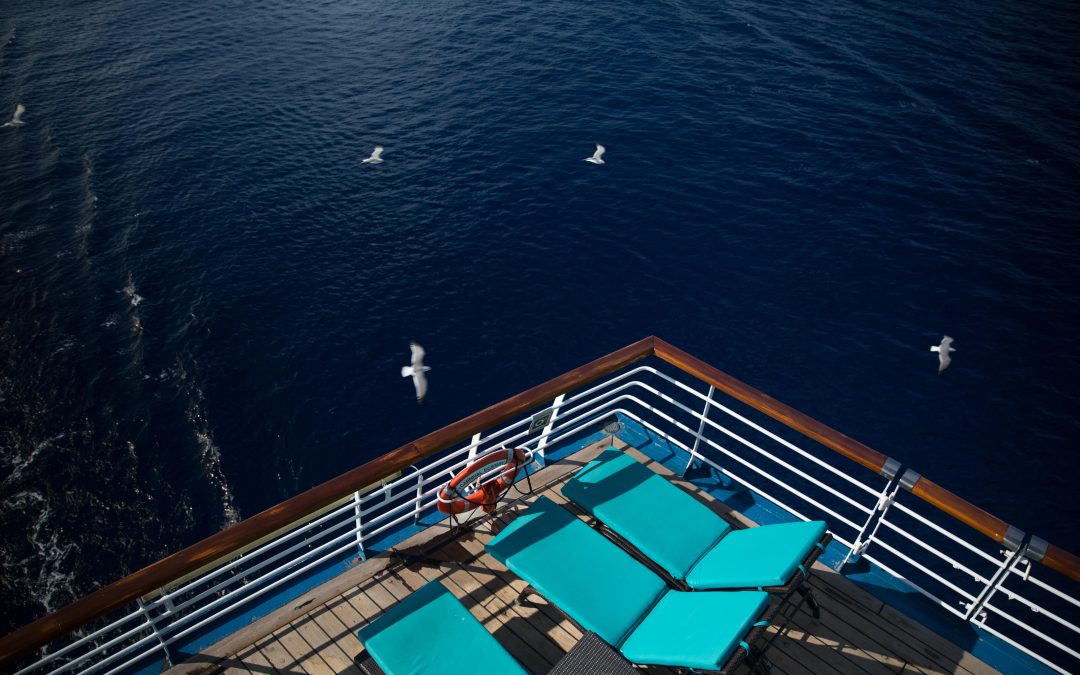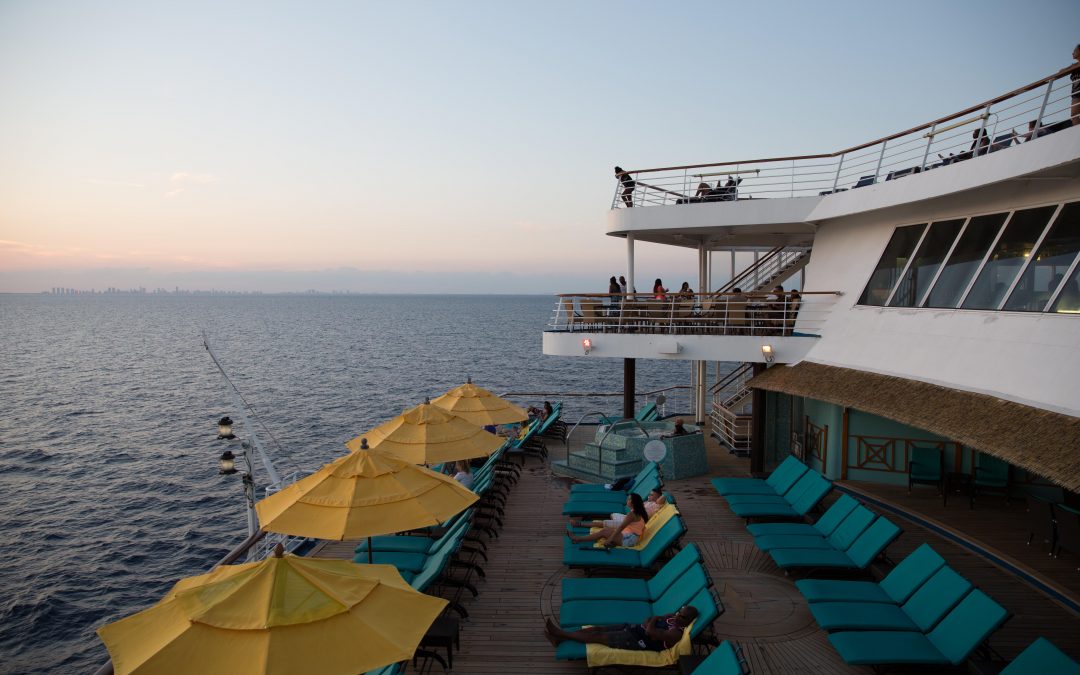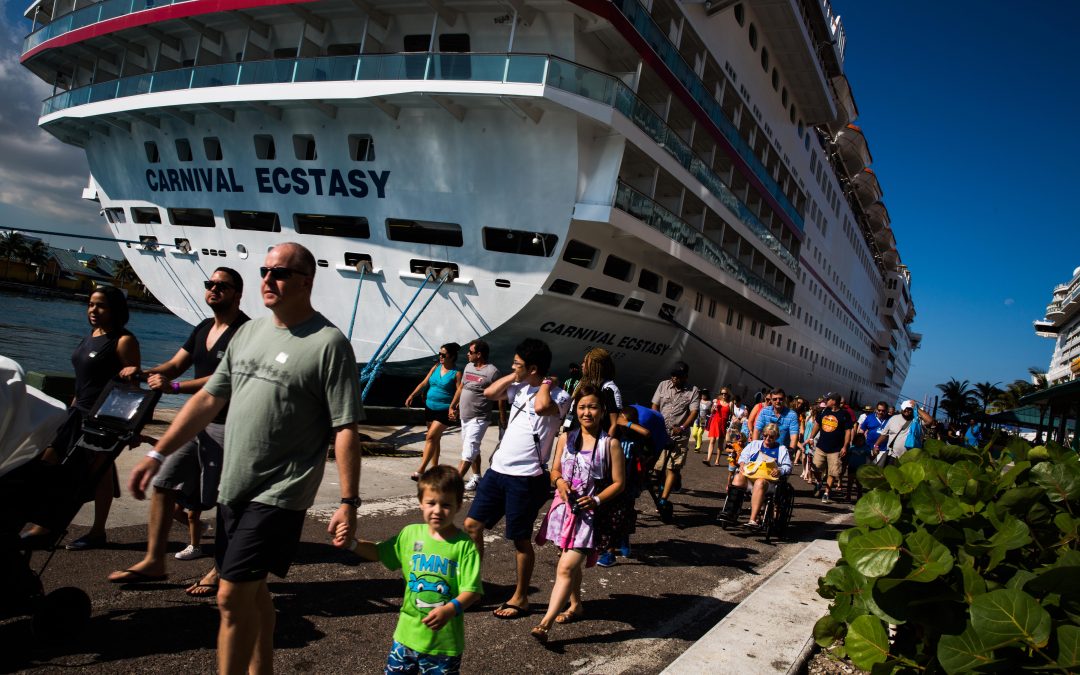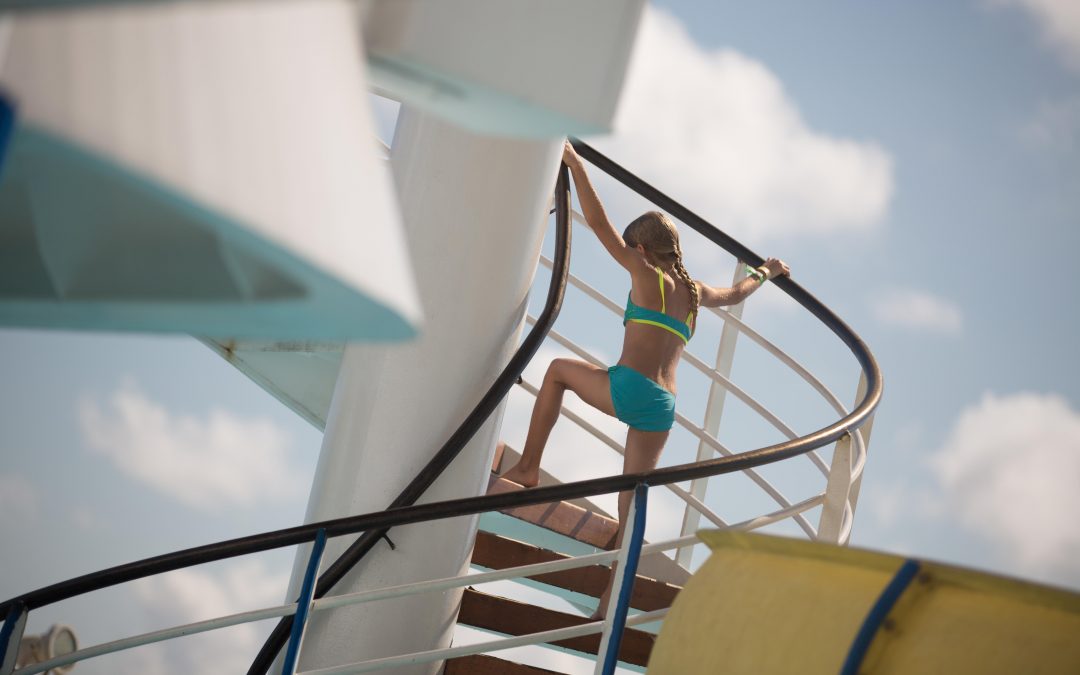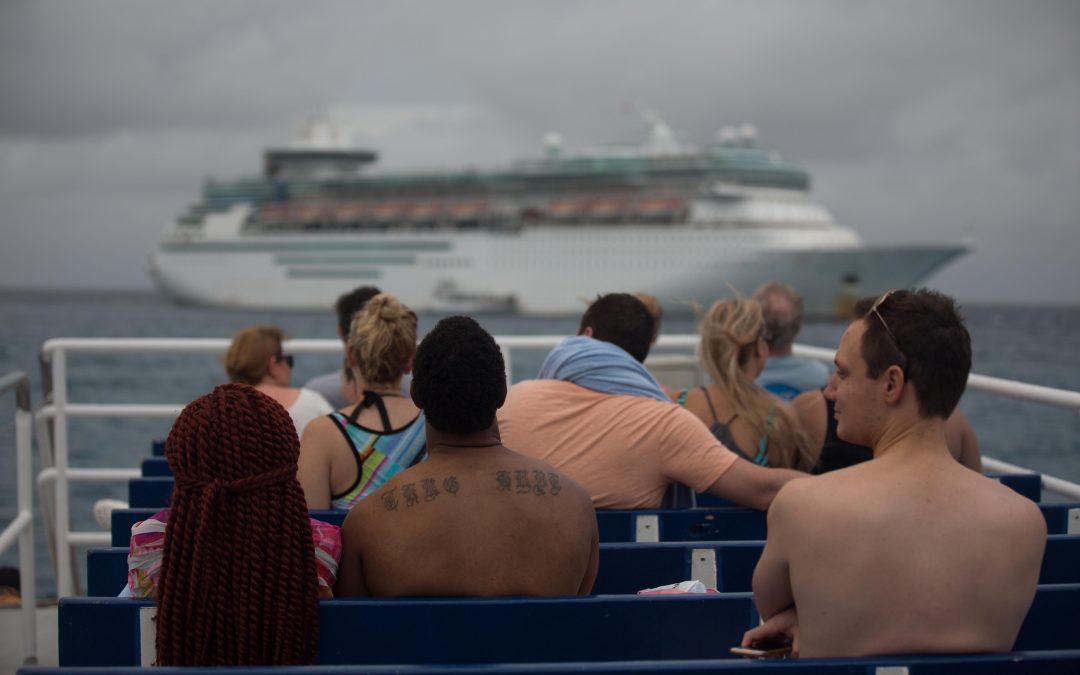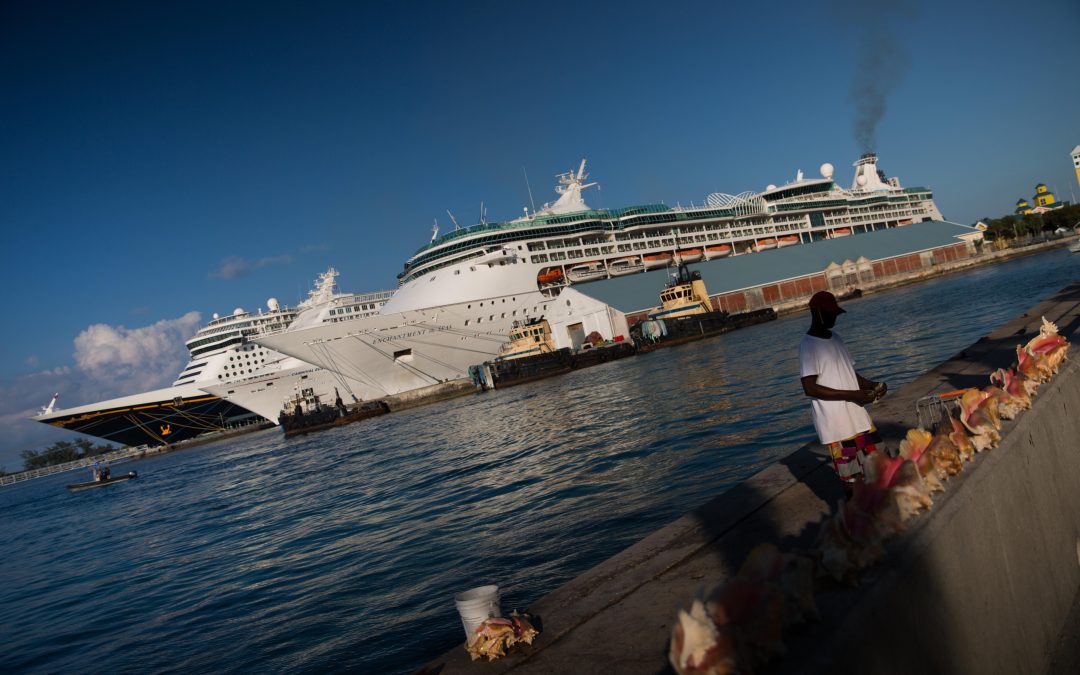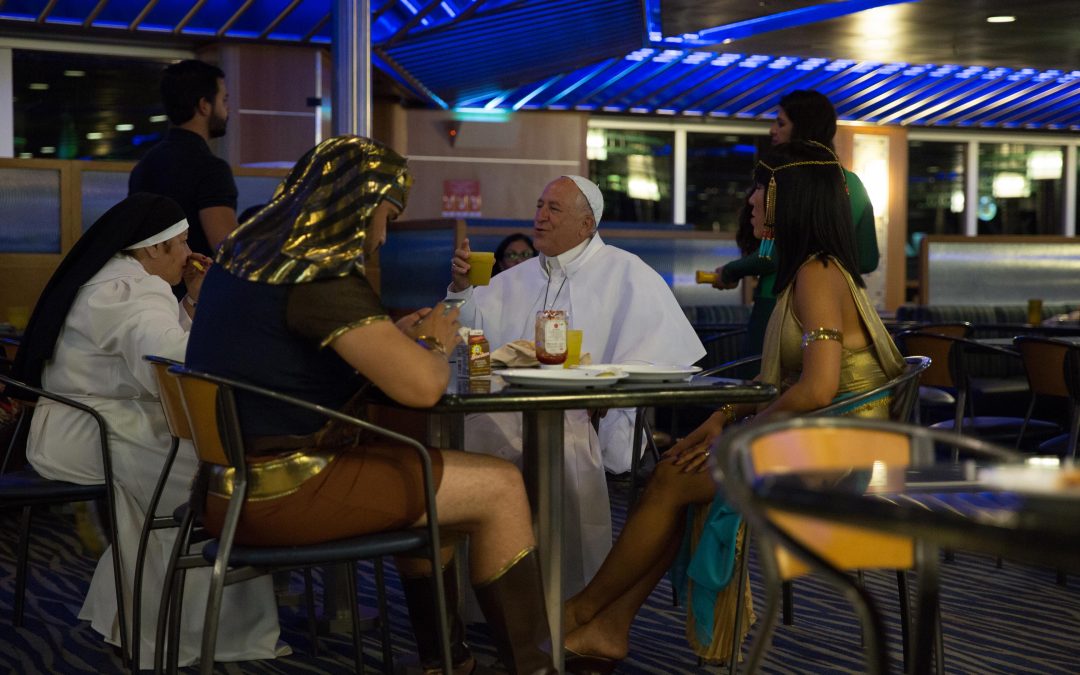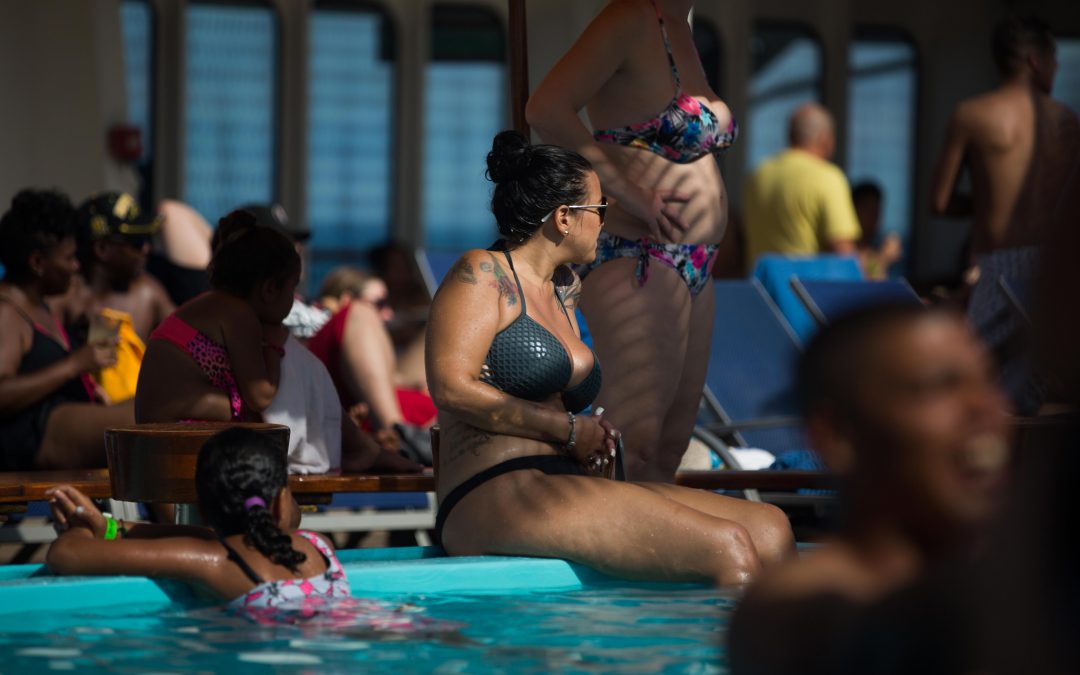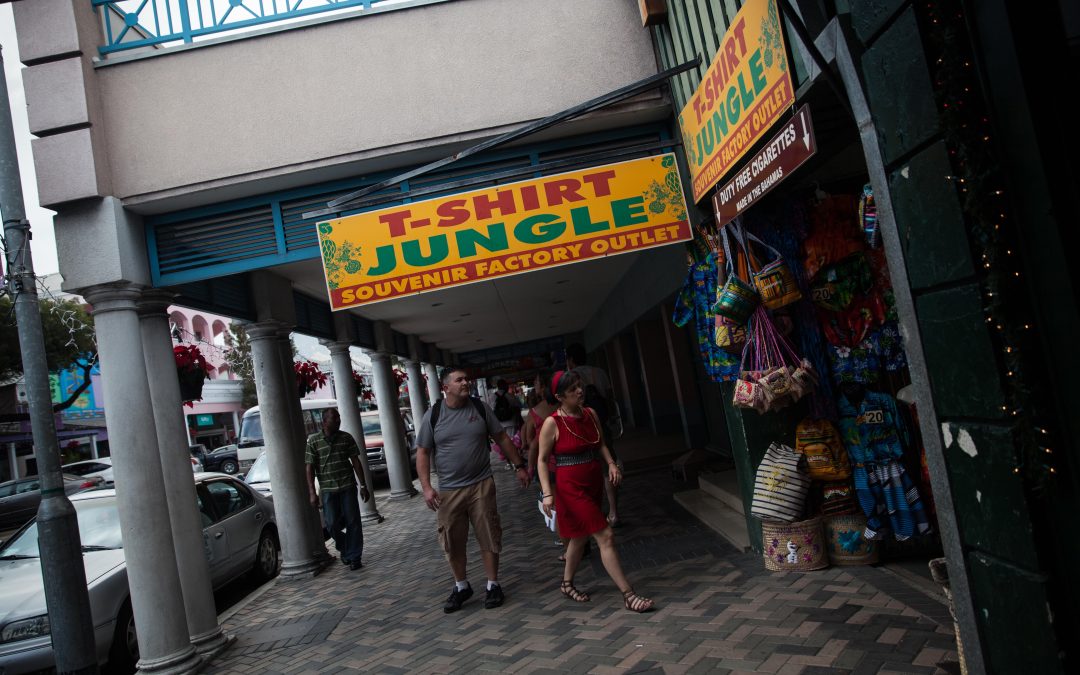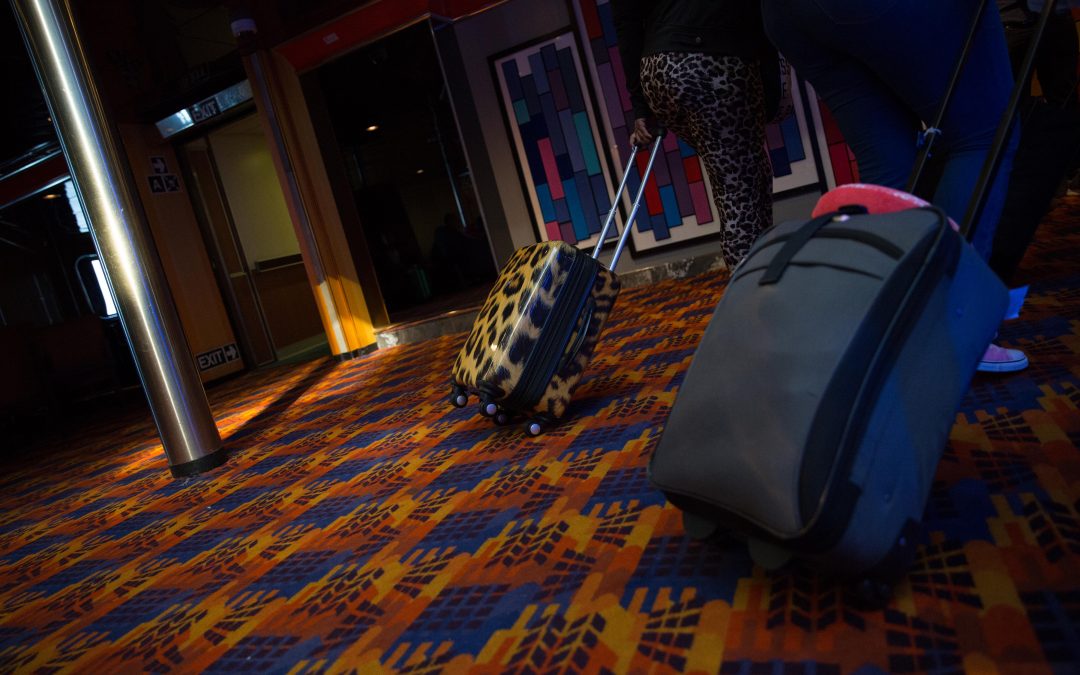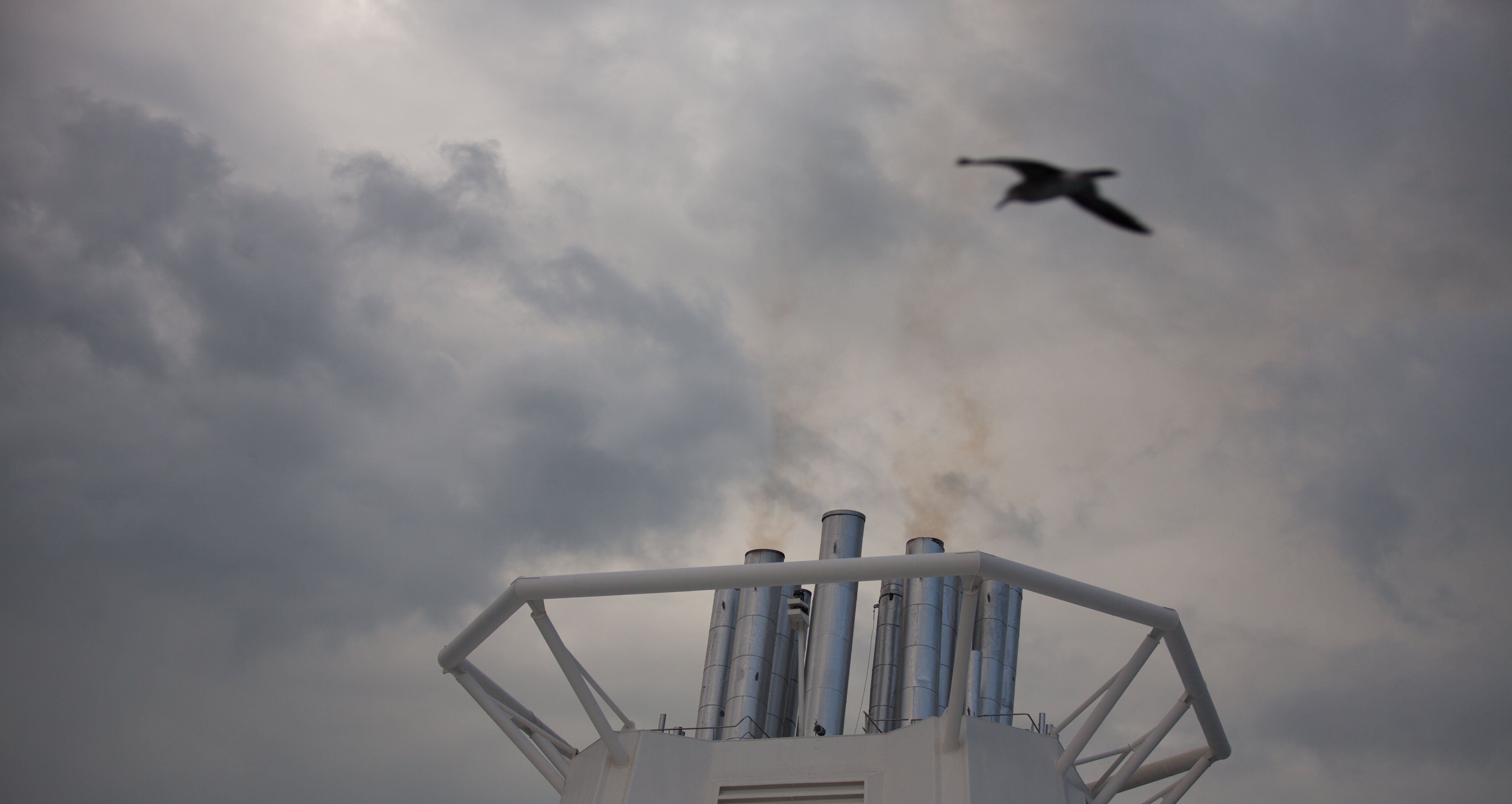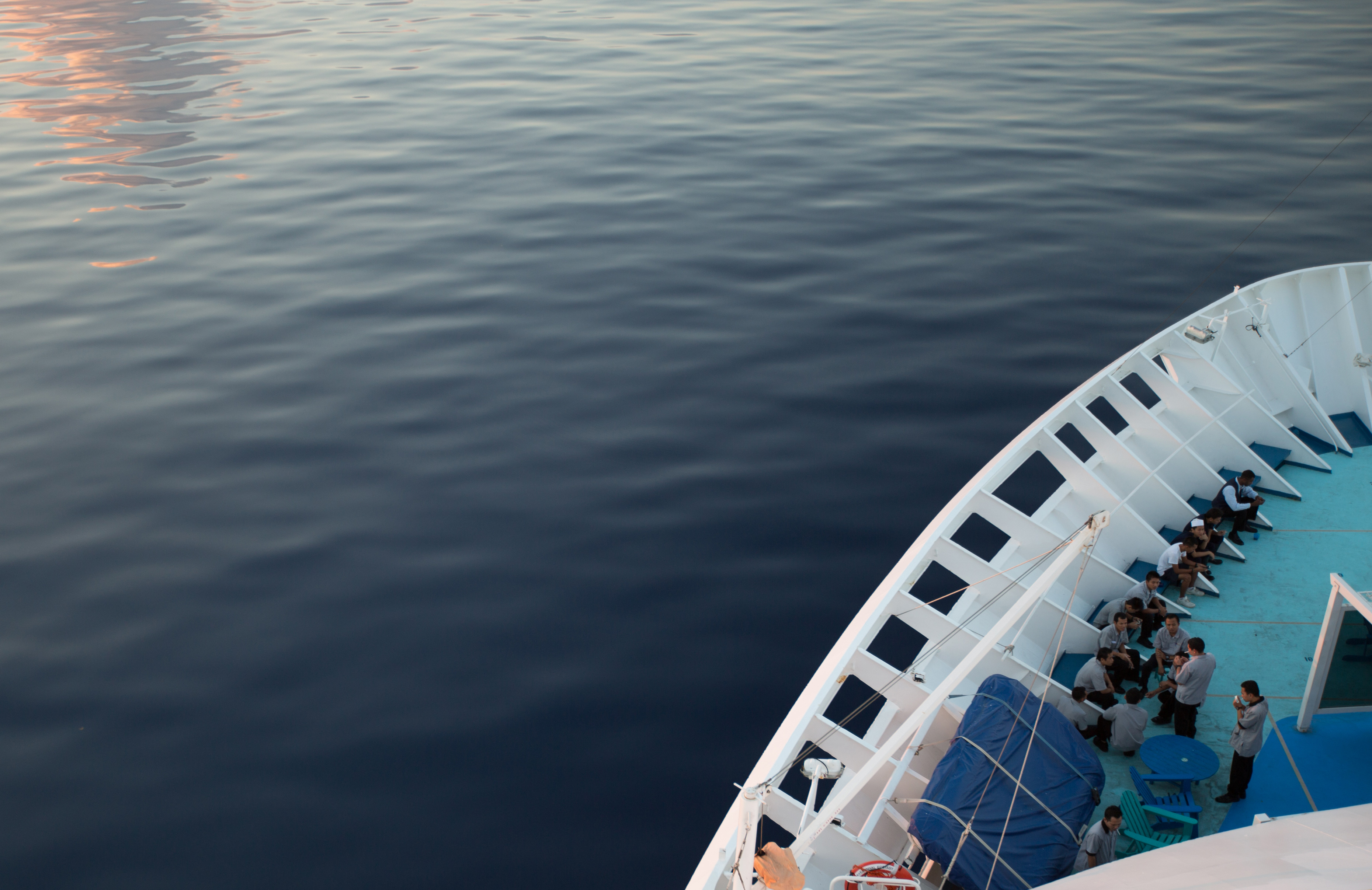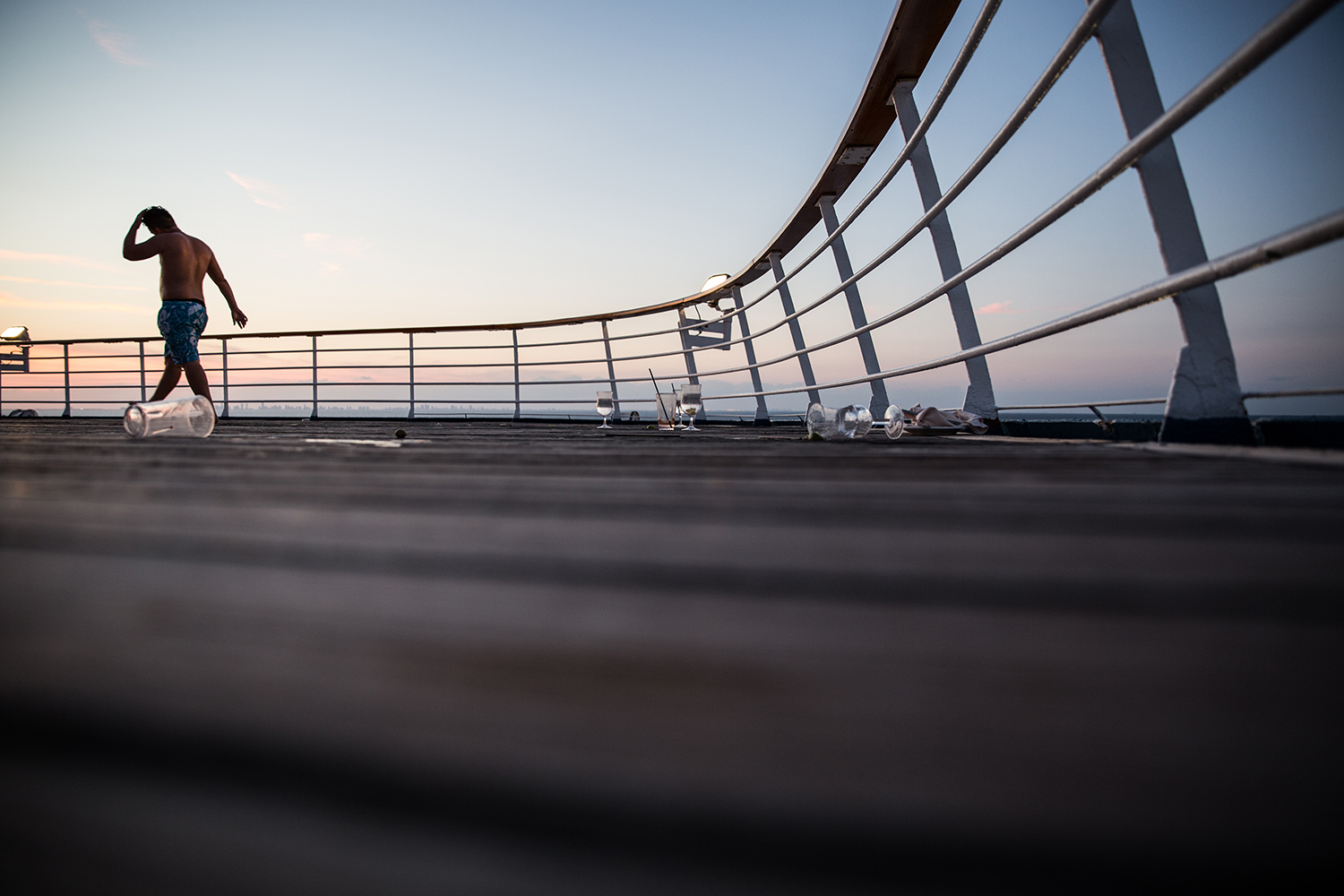Every year thousands of people fly to ports all over the world to board cruises that take them to exotic journeys and distant seas. Many don´t realize that even though the ships they’re boarding are owned by big companies headquartered in US, they do not necessarily remain under the protection of American law.
They also enter a world ruled by three big corporations. Though those companies are based in the United States, they have complex operational structures in multiple countries and tax havens, designed to sidestep U.S. labor regulations and avoid taxes and environmental controls.
That means that victims of an accident or crime aboard a cruise ship face a potentially painful ordeal when attempting to investigate a case, seek damages and bring those responsible to justice.
The three corporations – Carnival Corporation, Royal Caribbean International and Norwegian Cruise Line – together control 82 percent of the world market and reported $2.8 billion in profits last year. And they have a powerful influence in Washington D.C. Various critics have long suggested their lobbying and donations allows the blockage of stricter laws and regulations – enabling them to continue to offer blissful vacations to thousand of clients who are unaware of the reality behind their cruise.
What’s more, about 40 percent of the ships operated by most cruise lines are old and sail the seas with defects and problems unknown to the majority of their passengers.
To unravel the nature of this multi-billion dollar industry, a team of journalists from Univision News worked for more than six months with a database compiled by a group of students from the School of Journalism at Columbia University in New York. The database contains 85 variables of each of the 411 registered cruise ships in the world (some inactive) in mid-2015 which meet the official description of the US Coast Guard. With data in hand, the Univision team carried extensive reporting in order to put the information into context. (Read more about the project).
None of the three leading cruise companies responded to multiple Univision requests for detailed interviews and comments for this story. Univision was able to talk briefly to two senior Carnival executives, including CEO Arnold W. Donald, during an event at the Port of Miami in May, but they declined to sit down for longer interviews.
A problematic ship
The Thomson Celebration is a 1,245-passenger vessel that usually sails through the Adriatic Sea and will be heading to the Persian Gulf at the end of 2016.
The ship was built in France in 1984 and is one of the oldest vessels owned by Carnival. The company’s main office is in Miami, Florida.
Since 2005, the Thomson Celebration underwent at least 54 inspections in European ports that detected 139 deficiencies of all types, from defective fire alarms and engine problems to lifeboats in poor condition, faulty bathrooms, defective oil filters, problems with the hydraulic steering and even a lack of training for the crew, according to a report obtained by Univision.
Poor crew training was among the causes of an accident that killed a Filipino crewman in September of 2006, while he was handling an auxiliary boat off the British island of Guernsey, according to a report by the United Kingdom’s Marine Accident Investigation Branch.
Two months later, authorities in the Egyptian port of Safaga stopped the Thomson Celebration because of problems with its radar, fire pumps and auxiliary engine. The year before, the rupture of several pipes forced passengers to evacuate in Portugal and caused the cruise to be cancelled.
139 deficiencies were detected since 2005 on the Thomson Celebration, one of Carnival’s oldest ships
In December 2013, the ship had two accidents in less than a week – a fire and an engine breakdown – causing it to be towed back to Hamburg, Germany.
In 2014, an elderly British couple was brutally attacked aboard a cruise ship near the Spanish island of Lanzarote. The victims accused the ship’s operator, Thomson Cruises, of allowing the attacker to escape. He was later arrested and tried. The attacker claimed self-defense and was acquitted by a jury in the United Kingdom. Univision was unable to find any evidence showing the couple had alleged that the cruise line let the attacker get away.
And in early 2016, 12 British passengers filed a lawsuit against Thomson Cruises for outbreaks of intestinal and respiratory diseases aboard the ship in 2014 and 2015. The claim was still pending as of March 2016.
The most recent inspection of the Thomson Celebration – May 4 in the Greek island of Corfu – turned up more problems: lack of adequate maintenance of lifeboats and emergency systems and fire alarms in poor condition, according to the inspection report.
Registering the cruise ship in the United States would be very difficult, because it was built more than 20 years ago outside the United States, U.S. Coast Guard documentation officer Kathy Schaeffer told Univision.
The Thomson Celebration shows how leading cruise lines operate through a complex transnational network. The ship is registered in Malta, a Mediterranean island that does not limit the age of vessels registered to carry passengers. Its registered owner is HAL Antillen NV, a Curaçao-based subsidiary of Carnival Cruises. This corporation, in turn, is registered in Panama but headquartered in the United States.
The ship is not advertised in any way as part of the Carnival. Since 2004 HAL Antillen NV, a Carnival subsidiary, leases the ship to the British company TUI UK Limited. The company in charge of its operations and maintenance is Thomson Cruises, a United Kingdom-based company.
Imagine having an accident or getting robbed or assaulted aboard this ship in the Persian Gulf. Where would you complain? Where would you file a lawsuit?
A database gathered by the Columbia University Graduate School of Journalism and shared exclusively with Univision shows that the 266 cruise ships currently operating around the world are registered in 23 different countries.
The Bahamas, Panama, Bermuda and Malta account for 187 ships in the database, or 70 percent. Those countries are especially flexible when it comes to the age of the vessels they register.
Ships sailing under those four flags also accounted for a high percentage of accidents and detentions in port – 77 and 80 percent, respectively, according to the database – which pointed to a slight overrepresentation in these categories.
Forty percent of the ships – 102 ships – were built at least 20 years ago, and none were built in the United States. Slightly more than 30 percent are owned by the two largest cruise lines, Royal Caribbean and Carnival.
The database also includes details of 47 serious incidents that took place in 33 Royal Caribbean or Carnival vessels between 2012 and the middle of 2015. The worst was the sinking of the Costa Concordia in Italian waters in 2012, causing 30 deaths.
But the list also includes fires, intestinal disease outbreaks, mechanical and electrical breakdowns, collisions and damages caused by storms and winds and the death of a Coral Princess crewman in Panama, when a cable of an auxiliary boat snapped.
Inability to respond to crimes
There is no police department at sea, and the responsibility to investigate crimes falls on authorities in the country where the cruise ship is registered, according to the United Nations Convention on the Law of the Seas (UNCLOS). The police in Malta, for instance, would be in charge of any investigation involving the Thomson Celebration.
After a crime, crewmembers – not authorities with legal jurisdiction – collect evidence and carry out an initial investigation.
English Captain Michael Lloyd, formerly the vice president of the International Cruise Victims Association, warned in 2014 that one of the industry’s key problems was a lack of capacity in many countries to investigate crimes aboard their flagged ships. The crews’ lack of knowledge about legal requirements can also wind up obstructing and even invalidating investigations of crimes, he added.
Some countries “have signed on to UNCLOS while they register ships, knowing full well that they are incapable of meeting the requirements,” Lloyd wrote.
Each year, hundreds of people are victims of crimes on cruise ships that dock in U.S. ports. U.S. regulations require the cruise companies to record the crimes and make the files available to the public and the Federal Bureau of Investigations (FBI) according to nine categories, among them murders, suspicious death and sexual assaults.
But the reports are required only if the victims are U.S. citizens. Investigations of crimes involving citizens of other countries depend on authorities in the country where the ship is registered.
The industry’s Cruise Lines International Association “has a mandatory policy that all our members, if there is a serious incident or crime aboard, must report it to the country where the ship is flagged and to local authorities, regardless of the flag or the victim’s nationality,” said Charles Darr, CLIA vice president for technical and regulatory affairs.
But even U.S. citizens are not guaranteed a proper investigation. The sexual assault case of 25-year-old Andrea highlights all the complications faced by people who report crimes at sea. She asked that her real name and the name of the cruise line not be published.
Andrea says she was raped in a ship’s cabin in 2009. To this day, she says she has been unable to provide evidence of her allegation to U.S. authorities. She told Univision that the evidence in her case was collected more than 24 hours after the rape, and that police in the Cayman Islands have refused to turn it over to the FBI. She was not even able to file a complaint that would trigger an investigation of her alleged rapist.
And that’s not all. “The cruise line told me it’s not required to help me because it was a crime between passengers … It’s a dead case. There’s nothing I can do,” Andrea said.
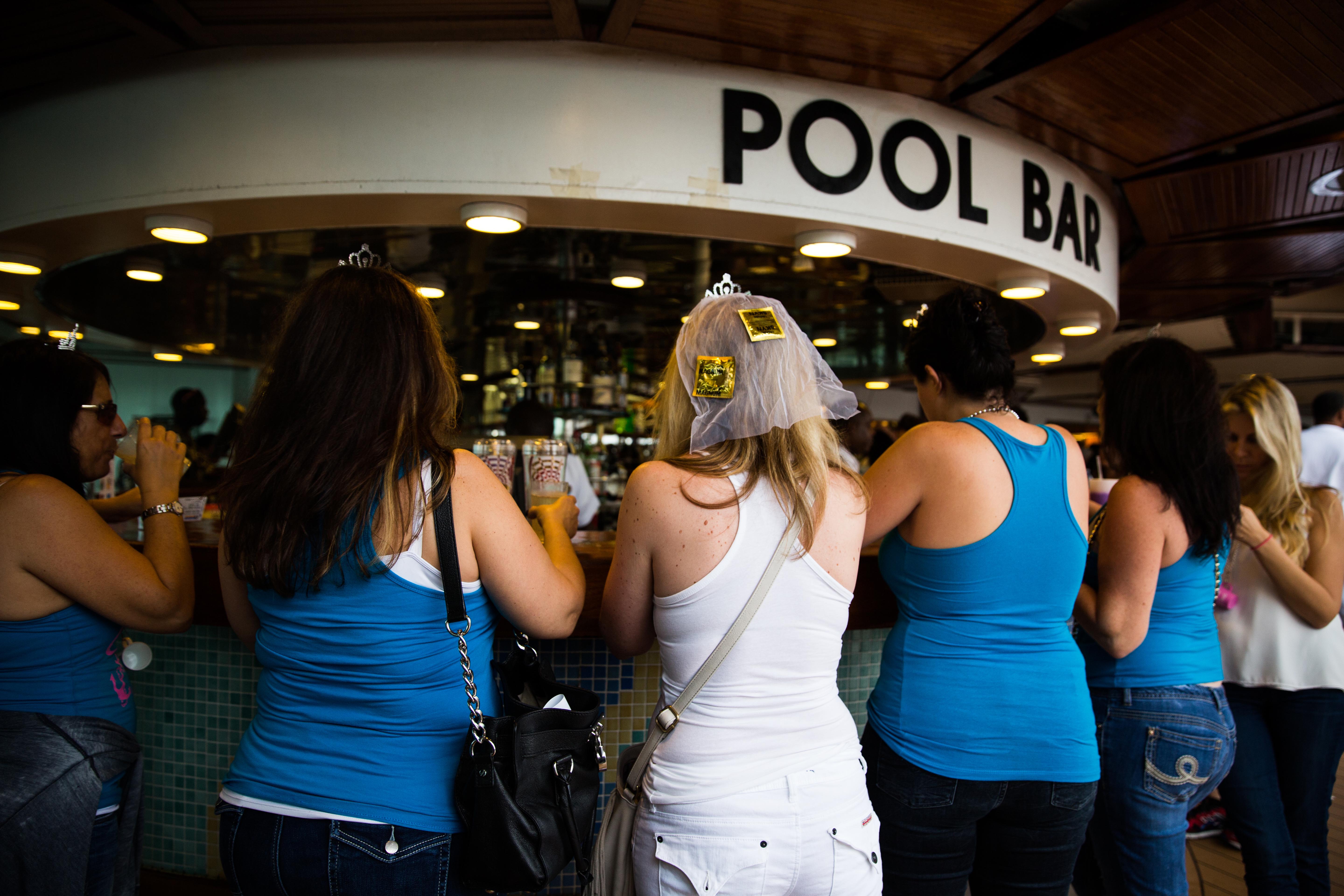
Un grupo de mujeres que celebran una despedida de soltera piden tragos alrededor de una cubierta de crucero al poco tiempo de embarcar. La venta de alcohol es una de las principales fuentes de ingreso a bordo para las compañías de cruceros. Almudena Toral/Univision
The U.S. Congress approved the Cruise Vessel Security and Safety Act (CVSS) in 2010 to protect victims. But its requirements have been met only partially, according to a U.S. Government Accountability Office (GAO) report requested by Sen. John Rockefeller D-WVa., after the Costa Concordia sank off the coast of Italy.
The report expresses concern over the manner in which cruise lines report crimes to the FBI and U.S. Coast Guard on crimes aboard their ships – the only statistics available on those crimes.
The FBI currently reports only the cases it closes each year, not the total number of cases under investigation. A report issued by Sen. Rockefeller showed that the FBI made 31 crimes public between 2011 and 2013, although cruise lines reported 959 crimes.
But the real number may be much higher. A log of 2011 shipboard crimes, handed over to the FBI and accessed by Univision, lists 563 crimes, about one-third of which were sex crimes, 20 of them involving minors.
The same bipartisan congressional commission that drafted the Cruise Vessel Security and Safety Act last year submitted a Cruise Passenger Protection Act in the House of Representatives.
The proposal would force cruise lines to report any crime against a U.S. citizen to the FBI within four hours, report them to the U.S. consulate in the next port of call, install permanent video cameras in public areas, and improve medical services for victims.
The plan also calls for systems that can detect and alert when a passenger falls overboard. The industry opposes parts of the proposal, arguing that such a system currently has a high cost and does not guarantee the detection of people falling aboard.
The primary sponsor of both bills, Rep. Doris Matsui, R-Ca., said she knows it will be tough to control the industry, even with U.S. federal laws, as long as cruise ships owned by U.S. companies can operate under “flags of convenience.”
“Let’s face it. I mean, most industries don’t want heavy regulation and they would rather go to countries that have less regulation. And I think that is what’s happening here … just very simple,” Matsui told Univision. “We can impose lots of regulations, but many ships sail under foreign flags, which makes it hard to guarantee compliance.”
Unprotected workers
Tourists aren’t the only ones at the mercy of the international maze of judicial demands. Employees also face similar problems.
The regulations that protect U.S. crew members come out of the Jones Act, a federal law approved in 1920 based on laws that protected railroad workers at the time. Cruise companies argue that no other law can be applied to ships’ crews because foreign-flagged ships are not subject to U.S. regulation.
Most crewmembers come from Southeast Asia, Latin America, the Caribbean or Eastern Europe. For the past decade, no crewmember has been able to file a complaint before U.S. courts for violations of the Jones Act, because of a legal ruling and clauses in their contracts. Complaints are usually settled by private arbitrators who are paid by cruise companies and based outside the United States.
Cruise companies insist, however, that operating under many different jurisdictions makes their industry one of the most secure and monitored in the world.
“The cruise industry is one of the most regulated in the world,” said Arnold Donald, the chief operating officer of Carnival, the largest of the cruise companies. “Any time anything happens, there are at least three or four entities that must be coordinated: the destination port, the country where the ship is flagged and the country where the company operates.”
CLIA’s Darr said the industry follows regulations from the International Labor Organization’s Maritime Labour Convention, which protects crews. “I dare anyone who thinks that the labor standards are not enough to read the convention closely and see how it is accepted almost universally,” said Darr.
The database gathered by the Columbia University Graduate School of Journalism shows that port authorities, most of them in Europe, reported at least 318 problems with crews of about 80 ships between 1998 and 2015. Among them were poor living and working conditions, security issues, insufficient medical attention and crewmembers that did not meet the minimum requirement for working aboard ships.
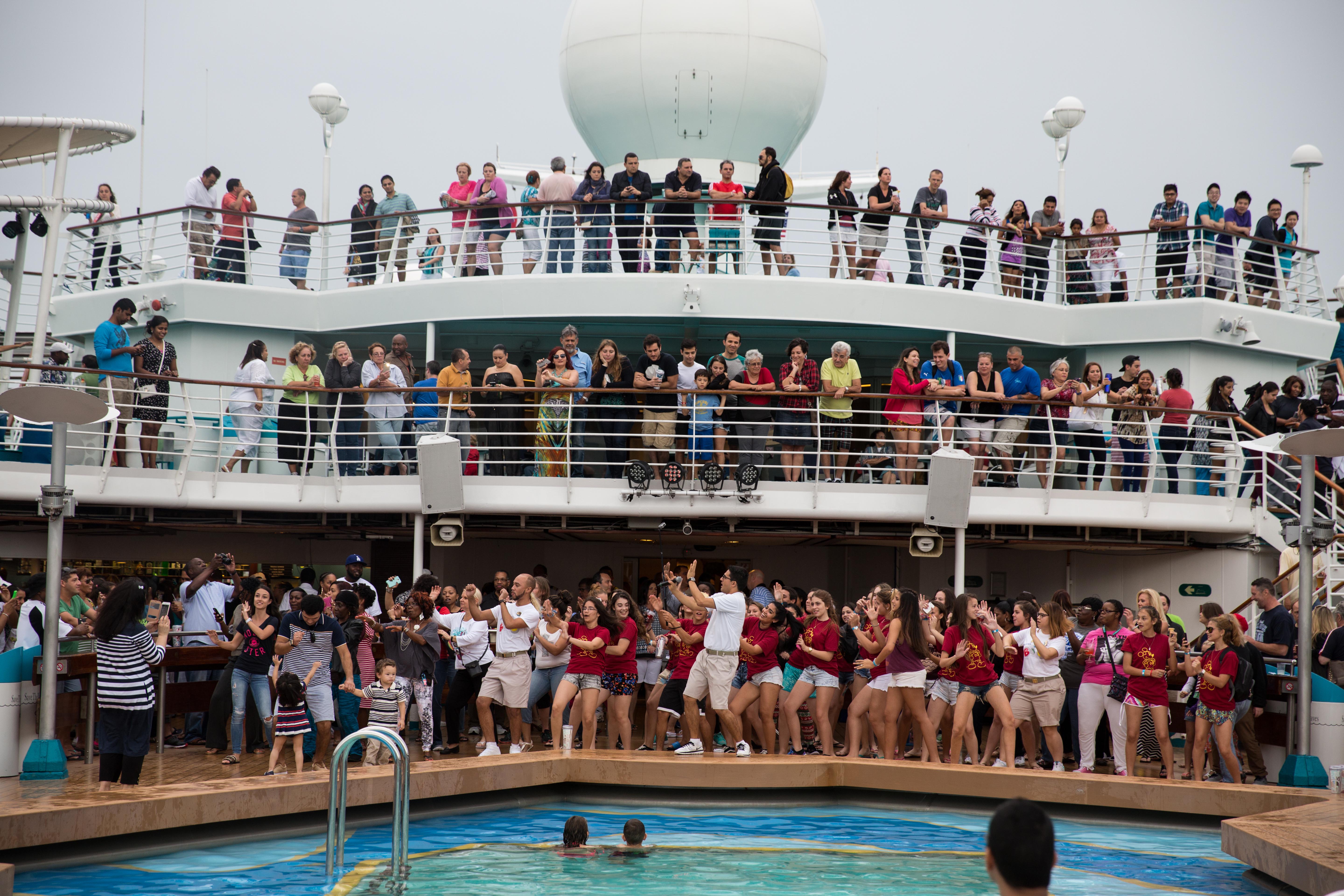
Un animador baila junto a decenas de pasajeros a bordo del Majesty of the Seas, de Royal Caribbean, conforme el barco se aleja de Miami. Almudena Toral/Univision
Taxes and lobbying
Operating cruise ships under the legal jurisdiction of several different countries also favors the big three corporations in terms of costs and taxes.
Those companies are based in the United States and their shares are traded in New York, but they are legally registered abroad. Carnival is registered in Panama. Royal Caribbean is registered in Liberia and Norwegian in Bermuda, a British territory in the Caribbean.
Together, the three industry leaders carry 82 percent of all passengers – 163.3 million people between 2005 and 2015 – and operate 165 ships through 19 subsidiaries. Their growth over the last 10 years has been reflected in the expansion of their fleets, the addition of ships that can carry more and more passengers and the acquisition of smaller cruise companies.
They are also registered in countries listed as tax havens by the Organization for Economic Co-operation and Development (OECD). None of them tax corporate profits, and most of the companies’ incomes are exempt from U.S. taxes.
Cruise lines justify their low taxes by pointing to Section 883 of the U.S. tax code, which exempts maritime transportation companies from paying taxes on profits. Strictly speaking, they don’t evade taxes – they avoid them. And they don’t break any laws.
“Today there is an enormous fiscal subsidy that attracts more people to cruises than the market itself would suggest,” said Harry Stein, director of fiscal policy at the Center for American Progress, a progressive think tank in Washington D.C.
“Cruise lines are in the business of making money and the cruise executives have found they can make the most money and pay the least amount of tax and have the least U.S. oversight by registering their ships in foreign countries, and by flagging them there and incorporating in foreign countries,” said attorney James Walker, who has litigated cases against cruise companies over 30 years.
Carnival’s Donald referred to the issue during a brief interview with Univision the morning that his company’s Fathom Adonia sailed out of Miami for the first U.S. cruise to Cuba in 50 years.
163.3 Passengers, in millions, carried in the last decade by the three biggest cruise lines: Carnival, Royal Caribbean and Norwegian
“Carnival has been incorporated in Panama from way back, just like many U.S. companies that have been incorporated in different countries, for different reasons at different times. I am not sure if that had to do with maritime or tax issues,” Donald said.
“We pay a lot of taxes all over the world, especially in the United States. Maybe we don’t do it in the conventional manner that Americans think of, but we pay all kinds of taxes, port charges and other things,” said Donald.
Part of those taxes fall on passengers, who must pay charges and fees when they buy their tickets. From 2011 to 2015, the company charged its clients $2.46 billion for fees, taxes and other charges that went to state entities in the countries where it operates.
During the same period, the company reported net profits of $7.29 billion but paid only $44 million in U.S. taxes – less than 1 percent per year – according to annual U.S. Securities and Exchange Commission reports. Royal Caribbean, the second largest company, earned $2.53 billion and paid $91.3 million in U.S. taxes, while Norwegian earned $1.16 billion and paid $21.2 million.
“It’s not just Carnival. All the big U.S. corporations pay very low taxes,” said Miguel Minutti-Meza, a professor of accounting at the University of Miami’s School of Business Administration. The big corporations do not operate in any single country, he added.
The cruise companies also spend a large amount of money lobbying Washington. Each year, two of the three biggest companies in the industry – Carnival and Royal Caribbean – and CLIA spend millions of dollars on lobbying to persuade U.S. federal and state authorities that the industry needs more incentives rather than more controls.
Together, they spent $31 million lobbying Washington over the last decade, according to Open Secrets, which monitors spending on lobbyists and federal campaign contributions. The spending categories reflect the areas the industry wants to influence: maritime regulations, taxes and the environment.
“Many industries, including the cruise industry, invest in lobbying and political contributions because there is a return on their investment, because they believe they can influence the process. And they are probably right. Tax policies tend to be made for the benefit of special interests,” said Stein.
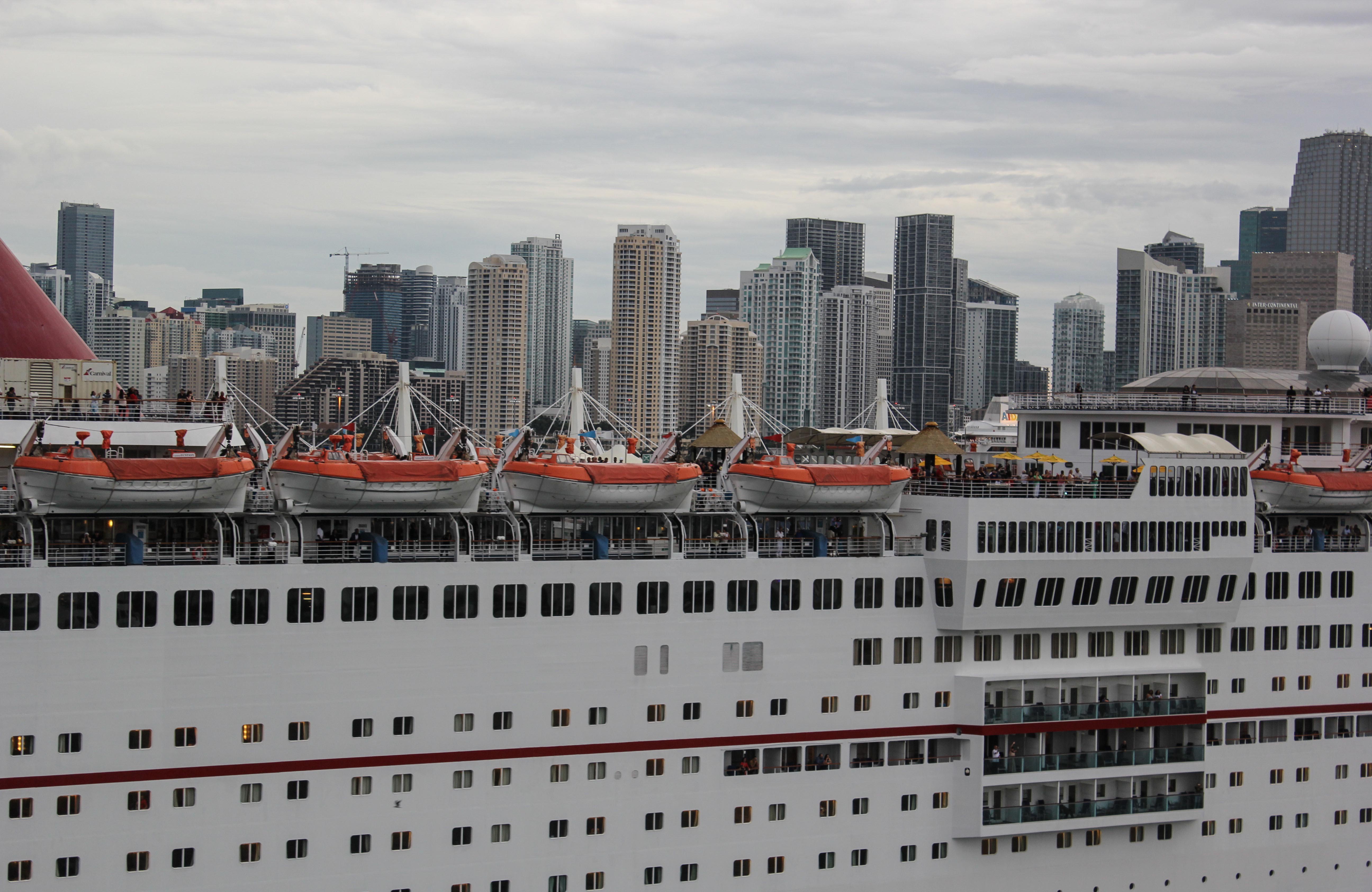
Damià S. Bonmatí/Univision
Environmental problems
Because of their political muscle, environmental regulations on cruise lines tend to be vague, broad and easy to sidestep. The companies are so powerful that they finance a good number of the environmental organizations whose mission is precisely to fight the impact of the huge ships and the tourists on the oceans.
According to a 2008 report by the Congressional Research Service, a ship traveling for one week with 3,000 passengers and crew can generate: 210,000 gallons of sewage, 1 million gallons of gray water (from showers, sinks and such), more than 130 gallons of hazardous waste, up to eight tons of solid waste and 25,000 gallons of water contaminated with oil residues.
Beneath these enormous floating buildings, ecosystems suffer.
The Thomson Celebration suffered an oil leak on January 17, 2011, in the Red Sea port of Ain Sukhna. It was fined 120,000 Egyptian pounds, or about $21,000 at the time.
Another little-known problem is the thunderous noise of the ships’ engines, which can be heard by whales up to one hour before the ships reach them. The noise, deafening to the whales, keeps them from communicating and locating their positions.
Some in Washington have tried to draft stricter regulations on the cruise industry’s environmental impacts, but their efforts have gone nowhere.
Rep. Sam Farr, D-Ca., tried four times to win congressional approval for legislation tightening the environmental controls, for example. But none of the efforts gathered sufficient support.
Farr told Univision that cruise industry lobbying kept Congress from even reviewing one of his proposals, the Clean Cruise Ship Act, which would ban cruise vessels from dumping waste water, garbage and other contaminants in waters near the U.S. coast, regardless of ships’ flags or the countries where their owners are registered.
“It costs money to prevent all this and the cruise lines don’t want to spend money on essentially installing water treatment plants on their ships,” said Farr.
The Congressional Research Service report also warned that the complex legal structure of the cruise industry – and its system of flags of convenience – makes it difficult to enforce international regulations for preventing or investigating environmental accidents because of the usually poor responses from the countries where the ships are registered.
“What cruise ships and other ships have been doing is dumping material that is not natural,” Farr said. “This is not just fresh seawater going back into seawater. This is human waste going into seawater. Cruise ship lines advertise for this sort of wonderful, fresh air experience and going to sea and going to see the coastlines of the world or the navigable rivers of the world. They don’t want you to think you’re riding around on top of a huge septic tank full of sewage and garbage.”
Alejandro Fernández, Damià Bonmatí, Patricia Clarembaux y Alejandra Vargas contributed to this story.
Correction: An earlier version of this story misstated the name of the owner of the ship Thomson Celebration. The vessel owner is HAL Antillen N.V., a subsidiary of Carnival Corporation incorporated in Curaçao. The first paragraph was also amended to better reflect the reality of passengers aboard cruise ships.



